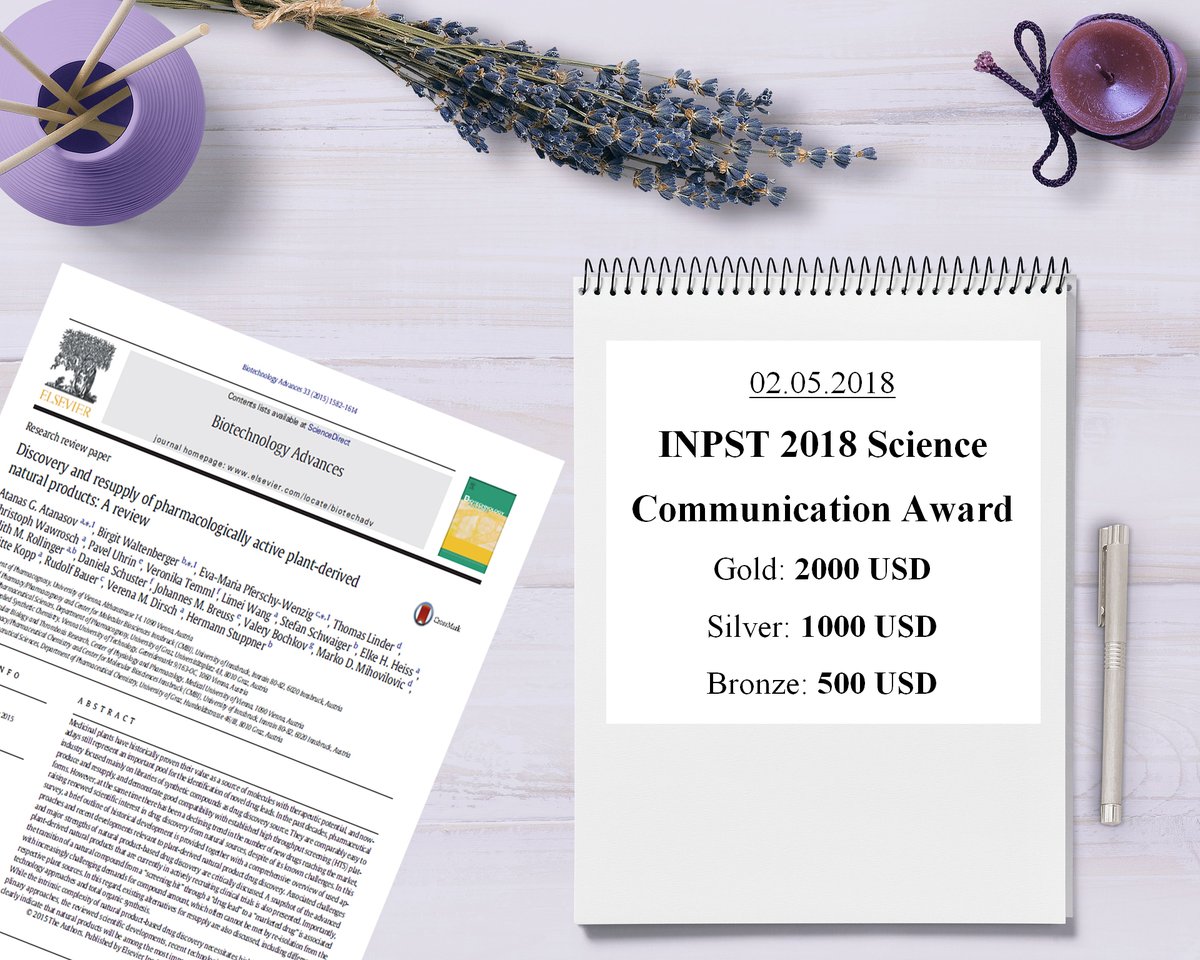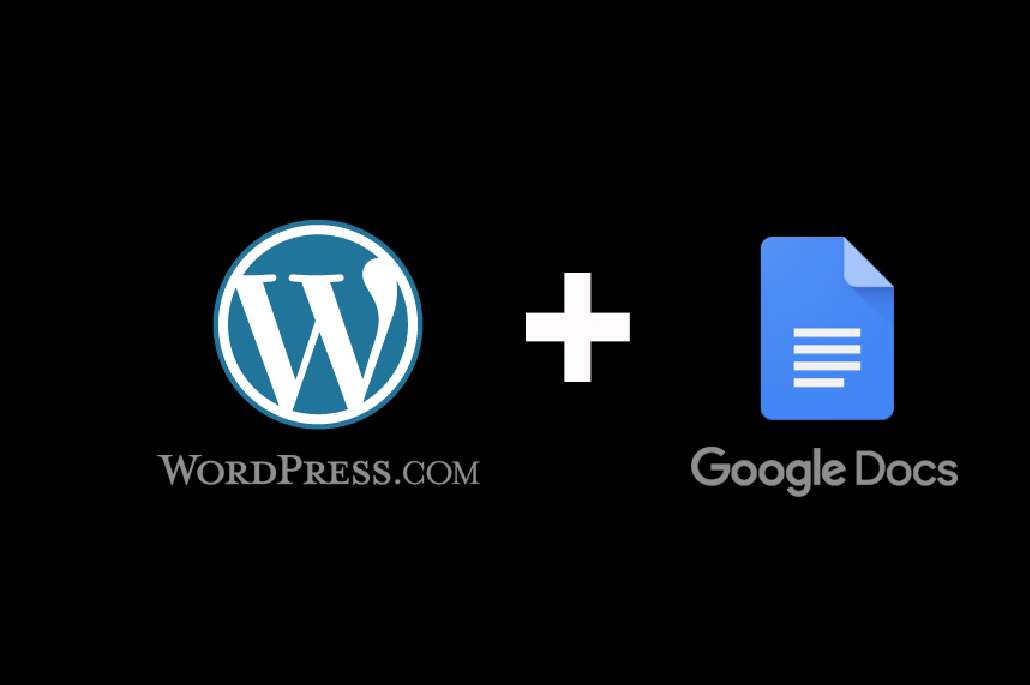Your daily selection of the latest science news!
According to International Natural Product Sciences Taskforce (INPST)
Rules for participation
- The INPST 2018 Science Communication Award will be given in Gold (2000 USD), Silver (1000 USD), and Bronze (500 USD) to the authors of the three best blog posts that will be published on the INPST website in 2018.
- Each blog post for participation in the INPST 2018 Science Communication Award needs to have a minimum of 1000 words and at least one image (photo, scheme, or other graphical representation), and needs to be send as a Word file to marc.diederich@me.com (the submission deadline is December 31, 2018). Example of the needed submission format can be viewed here.
- The submitted blog posts need to be focused on a life sciences-related topic, and to be written in easily understandable (layman’s) terms. Participation with more than one blog posts is allowed. Blogs with more than one authors are allowed (if a blog post with several authors is the winner, the award will be divided to equal parts among the participating authors). Example of a published blog can be viewed here.
- The winners will be selected based on the quality of the writing and on the provoked public interest (e.g., reflected in parameters such as the number of page views and the number of sharing on the social media). The winners will be announced in March 2019.
- Why participating in the INPST 2018 Science Communication Award contest? In addition to the monetary Awards, each of the three winners will be honored with a Certificate (in Gold/Silver/Bronze) issued by the distinguished Evaluation Committee. Each blog post published on the INPST website will confer an exceptional scientific and public visibility to both each participating author and to the covered topic (which could be a great chance to promote a scientific topic or research of particular personal interest).
Keywords: science communication, blogging, science writing awards, blogger contest, science communication awards, blogs, bloggers, blogging competition, science writing contest.
Evaluation Committee of the INPST 2018 Science Communication Award: Atanas G. Atanasov, Bernd L. Fiebich, Ge Lin, Marc Diederich (Chair of the Committee), Michael Heinrich, Oliver Grundmann, Rachel Mata, and Volkmar Weissig.
The INPST 2018 Science Communication Award is sponsored by Envision Biotechnology.
- Got any news, tips or want to contact us directly? Feel free to email us: esistme@gmail.com. To see more posts like this please subscribe to our newsletter by entering your email. By subscribing you’ll receive the top trending news delivered to your inbox.
__
This article and images were originally posted on [International Natural Product Sciences Taskforce (INPST)] May 2, 2018 at 04:16AM. Credit to Author and International Natural Product Sciences Taskforce (INPST) | ESIST.T>G>S Recommended Articles Of The Day


